Professor Bolanle Arokoyo has called on governments at all levels to promote the use of indigenous and minority languages by integrating them into both formal and informal education systems. She emphasized that doing so is crucial for the survival of Nigeria’s rich linguistic heritage and for improving educational outcomes.
Delivering the 282nd Inaugural Lecture of the University of Ilorin, titled “From the Mouths of Babes to the Wisdom of Elders: A Voyage of Language Exploration,” Professor Arokoyo, of the Department of Linguistics and Nigerian Languages, highlighted the educational and cultural importance of teaching in local languages.
“Students taught in their indigenous languages show a better grasp of lessons in terms of comprehension and retention,” she said. “Neglecting local languages in schools not only affects academic performance but also undermines our cultural identity.”
Professor Arokoyo called for renewed national commitment to indigenous language preservation, urging universities, government agencies, and international partners to increase funding for documentation efforts. She stressed the importance of preserving grammatical structures, vocabulary, and oral traditions of endangered languages through robust research and archiving.
In a broader appeal, she encouraged technology companies, cultural institutions, and the media to leverage digital platforms for language revitalization. According to her, digital tools can be instrumental in teaching and promoting indigenous languages to younger generations.
The linguistics scholar also urged policymakers to enforce laws protecting linguistic rights and promoting language diversity, arguing that language equity should be a key element of national development strategy.
To enhance sustainability, Professor Arokoyo advocated for the inclusion of entrepreneurship, digital marketing, and artificial intelligence in linguistics training, preparing students to engage in language-based businesses such as translation, content creation, and AI development.
She concluded by calling for interdisciplinary collaboration between linguists, educators, anthropologists, technologists, and lawmakers to ensure the continued relevance and vitality of Nigeria’s indigenous languages in the 21st century.


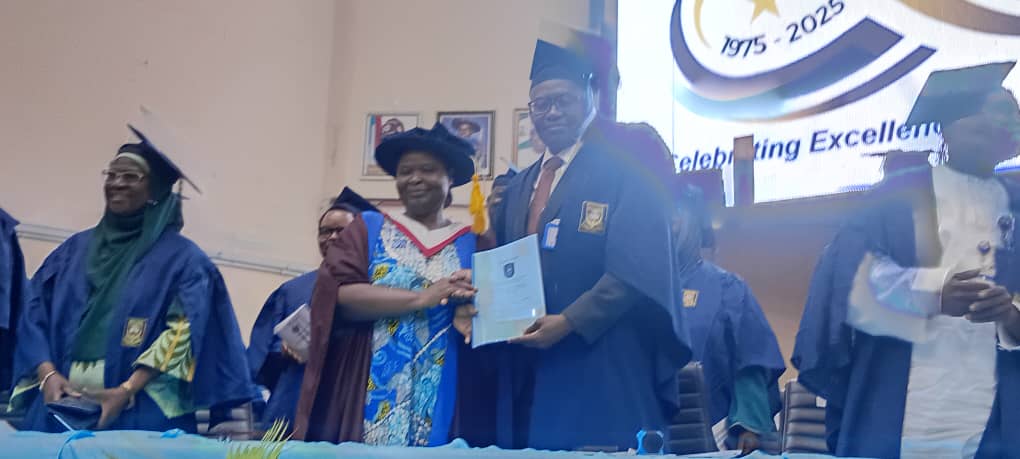
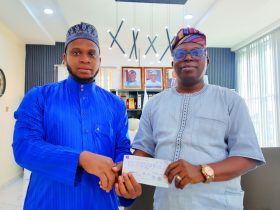
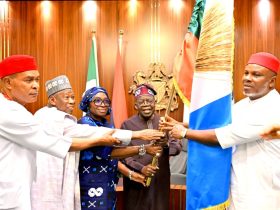
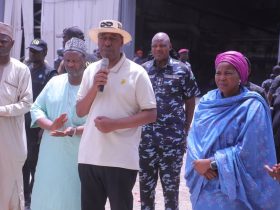
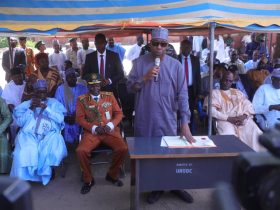



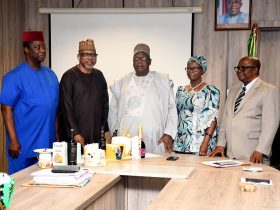
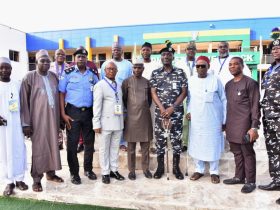
Leave a Reply